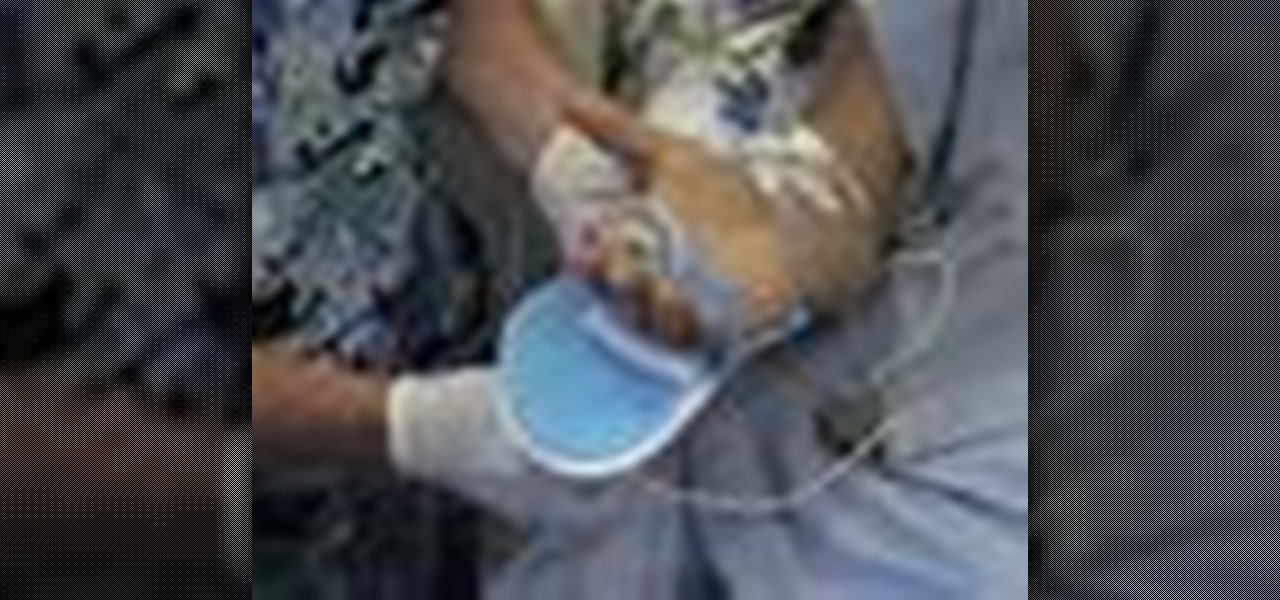Hot Medical Diagnosis & Procedures How-Tos


How To: Give a testicular self exam
Screening and early detection is the key to beating any form of cancer. Share this with a friend. You may save a life.
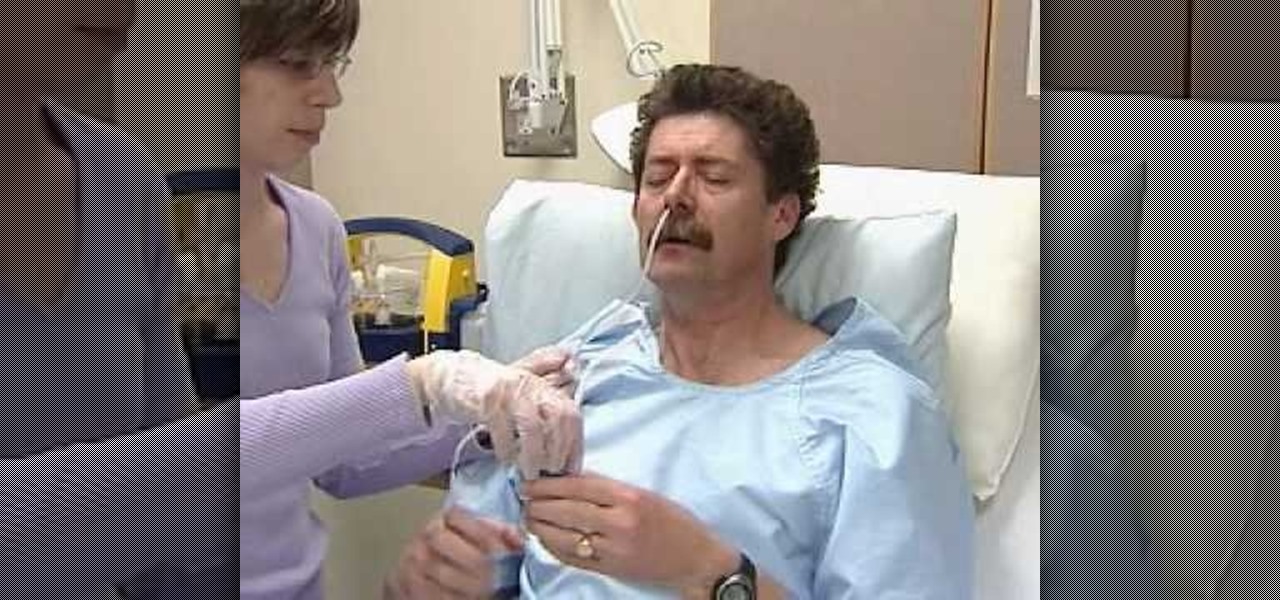
How To: Perform a nasogastric tube insertion
This medical how-to video demonstrates the simple steps for inserting a nasogastric tube. A nasogastric tube is more commonly known as a NG. Follow along and learn the basic protocol for doing this procedure. To do a NG tube insertion you will need 14-16 French gauge nasogastric tubing, water soluble lubricating jelly, catheter tip syringe, suction drainage system, and hypoalergenic tape. For your patient, you should have ready a cup of water with a straw, emesis basin, and a towel.
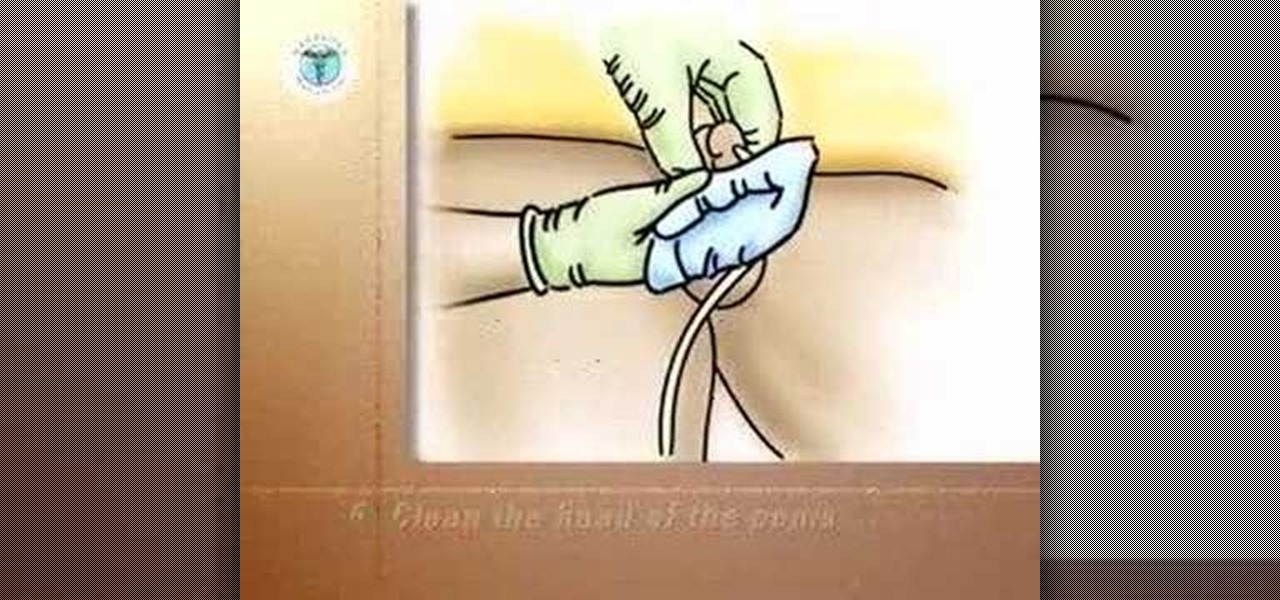
How To: Give a male perineal wash
Once each day, or according to your doctor's instructions, you will need to clean the urethral meatus - the opening where the catheter enters the body. This video shows you how to give a proper male perineal wash.
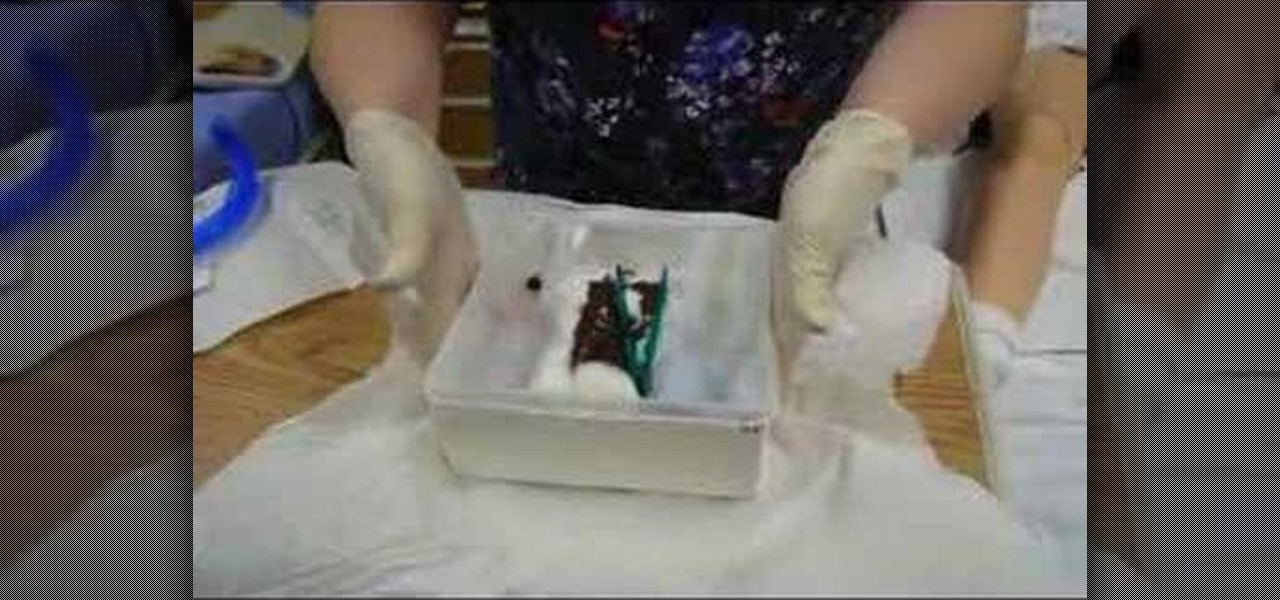
How To: Insert a Foley catheter in a male
This how to video demonstrates how to do a male Foley catheter insertion. Before beginning any catheterization procedure make sure to properly identify the patient, wash your hands, and that all the supplies are handy. Watch and learn how to properly insert a Foley catheter in a man. This medical how-to video is intended for medical students and professionals.
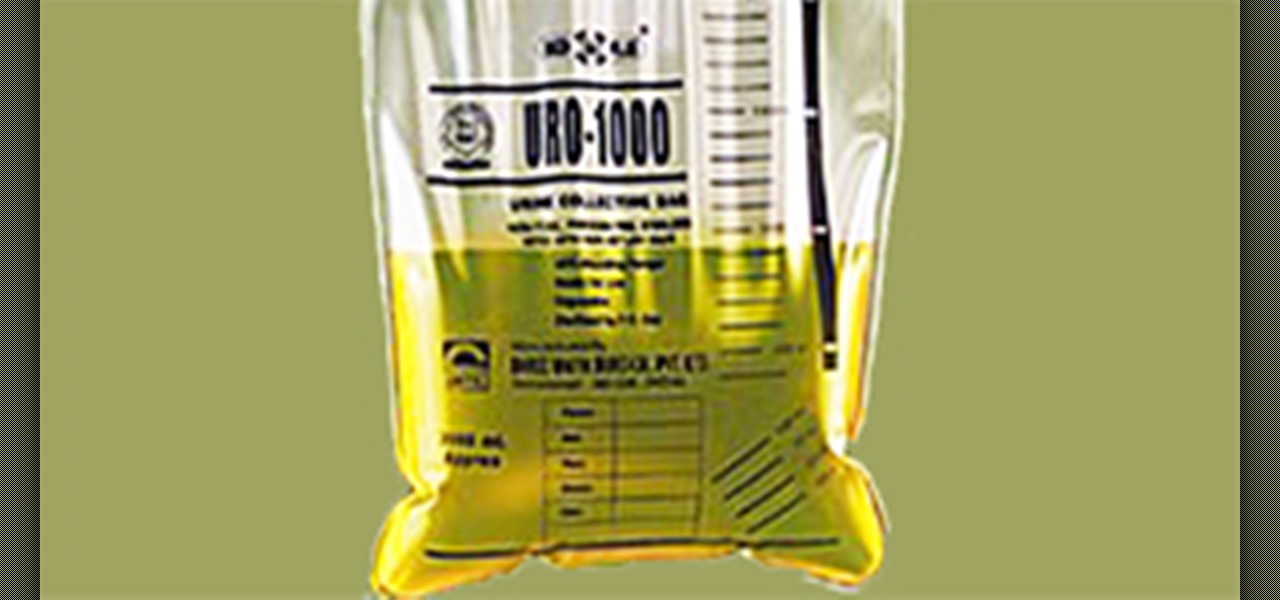
How To: Do a urinary catheterization procedure on a female
In many situations, learning proper medical procedures is difficult due to the urgency involved in patient care, so this video aims to prepare nurses so they can learn and stay fluent with the proper urinary catheterization of a female patient.

How To: Use Kelation therapy to reverse age related diseases
In this clip, learn all about kelation therapy. Kelation therapy is a simple procedure administered in a qualified physician's office that may reverse and even slow the progression of age-related and degenerative diseases such as atherosclerosis. In this tutorial, Francesca will explain all about this procedure so you can help decide if it is the right choice for you.
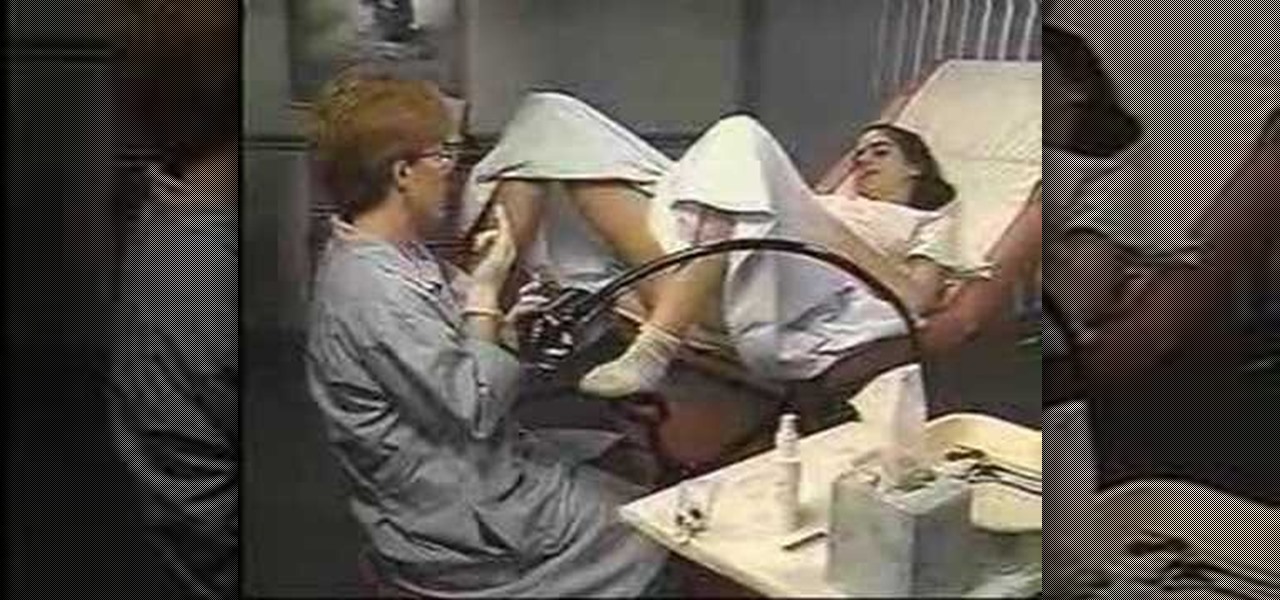
How To: Perform a rectovaginal examination
The rectovaginal examination allows testing of the cervix, and perhaps a little higher. It is one of the first way a doctor may detect abnormalities on the ovary. Watch this video medical health tutorial and learn how to conduct a rectovaginal gynecological exam.

Health Alert: You're Taking a Crap Wrong! This Is How You Poop Properly
Your entire life has been a lie. Mario does not hit blocks with his head, footlong subs are never really 12 inches long, and those paper ketchup cups at fast food joints aren't just little cups. And that's not the worst of it. What I'm about to tell you next is the revelation of all revelations.

How To: Perform a Testicular Self Exam
Testicular cancer is a young man's disease, and yet this is the age group that has the greatest sense of invincibility from the illness. Dr Harper demonstrates the technique you can use to self-examine your balls, and as it's best carried out in the shower, it's a great excuse for taking a bit longer in the morning. Watch this video tutorial and learn how to check testicles for any lumps or possible cancer.

How To: Test and check yourself for testicular cancer
Dr Chris Steele of The Family GP demonstrates how to properly examine your testicles for cancer. This shows how to carry out a testicular examination. Testicular cancer is a young man's disease, occurring frequently in men aged 19-35.

How To: Do a Self Breast Exam (For Men and Women)
Today we show you how do a Self Breast Exam. Doing a Self Breast Exam is So Easy a Guy Can Do It!
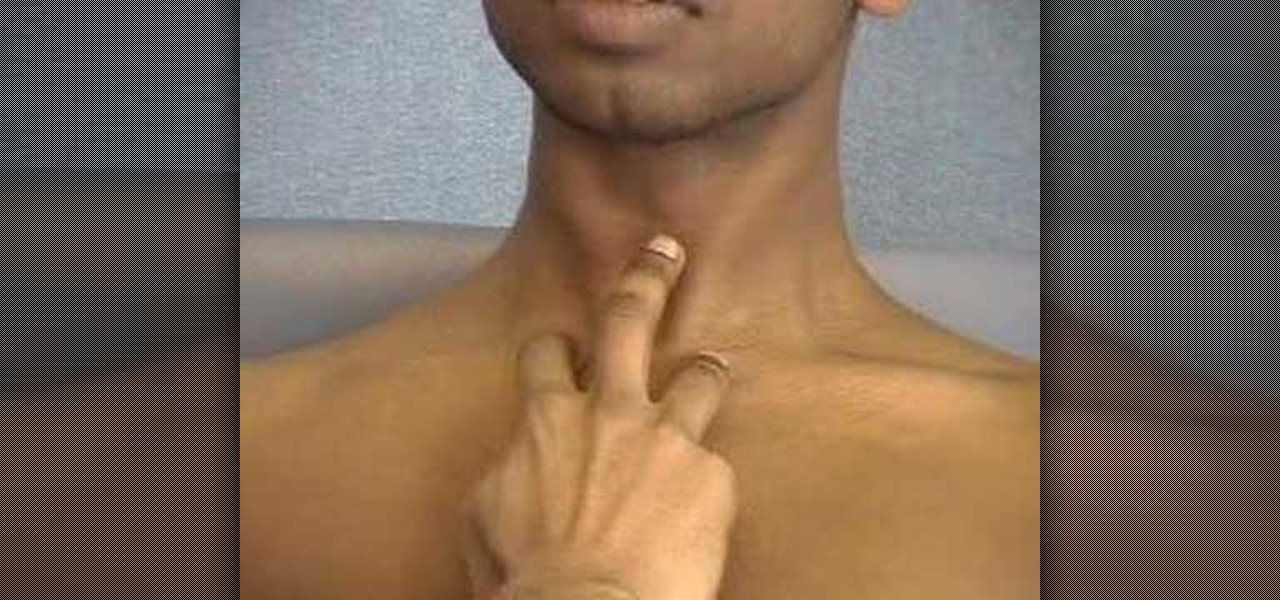
How To: Perform a basic tracheal deviation examination
This video offers a quick demonstration of a basic tracheal deviation examination. It is a useful thing to know if you are a medical student or if you are a patient who will be having a tracheal exam performed on you. Watch and learn how to examine someone's trachea.

How To: Insert a Foley catheter in nursing
Going to be a nurse? Then one very common procedure done by a nurse involves inserting a Foley catheter into a patient. Follow along in this nursing how-to video to learn how to insert a Foley catheter. Before starting always make sure to double check the doctor's orders and have all your materials ready.
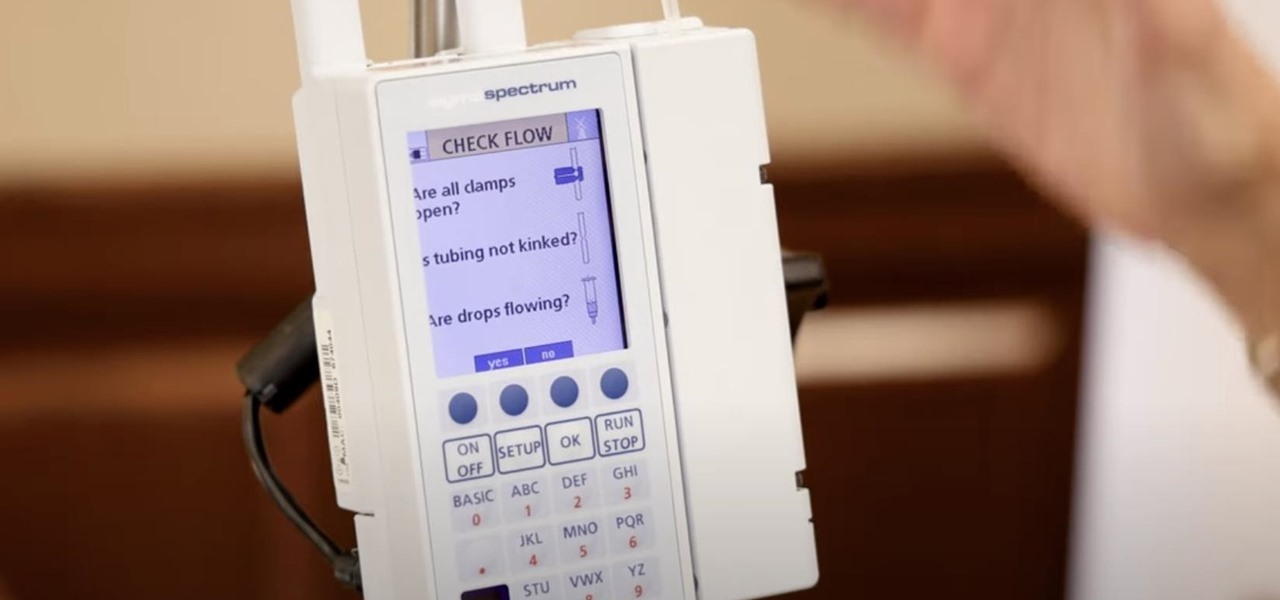
How To: Use and Set Up a Baxter Infusion Pump in Nursing
One important part of nursing is knowing how to use and set up a Baxter IV infusion pump. Follow along with this Baxter setup demonstration to learn how to carry out this procedure with a real patient. Keep watching and learn how to do a piggyback IV setup also. Watch, learn, and practice setting up Baxter IV infusion pumps during the nursing lab. Note that the Baxter infusion pump doesn't have a cassette to prime.
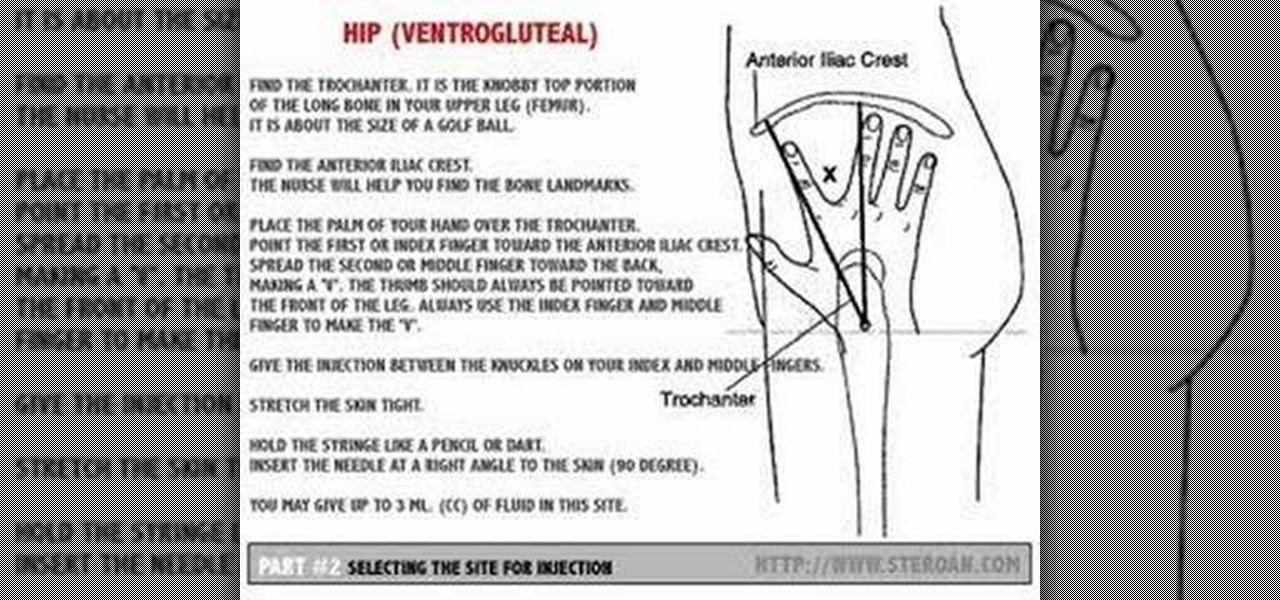
How To: Select the site for an intramuscular injection
Injecting intramuscularly is a difficult thing to learn and it takes a lot of practice. This instructional medical how to video guides your through the step by step process of selecting a site for an intramuscular injection. Intramuscular injections should be given in areas where major blood vessels and nerves are avoided. Watch and read along. It is important to wash your hands before handling any injection material.

How To: 5 Natural Ways to Remove a Crick in Your Neck
A crick is a sudden, spasmodic pain and stiffness in the neck caused by tight muscles that can absolutely ruin your entire day. It can last for more than one day and can be triggered by the smallest movement of the neck, such as a simple pandiculation, aka a yawn-stretch. Although you can't always prevent them, there are many natural ways to lessen a painful stiff feeling in the neck.

How To: Give an Intra-Muscular Injection
Intra-muscular injection is a simple technique; however, it can lead to serious complications if is not properly performed.
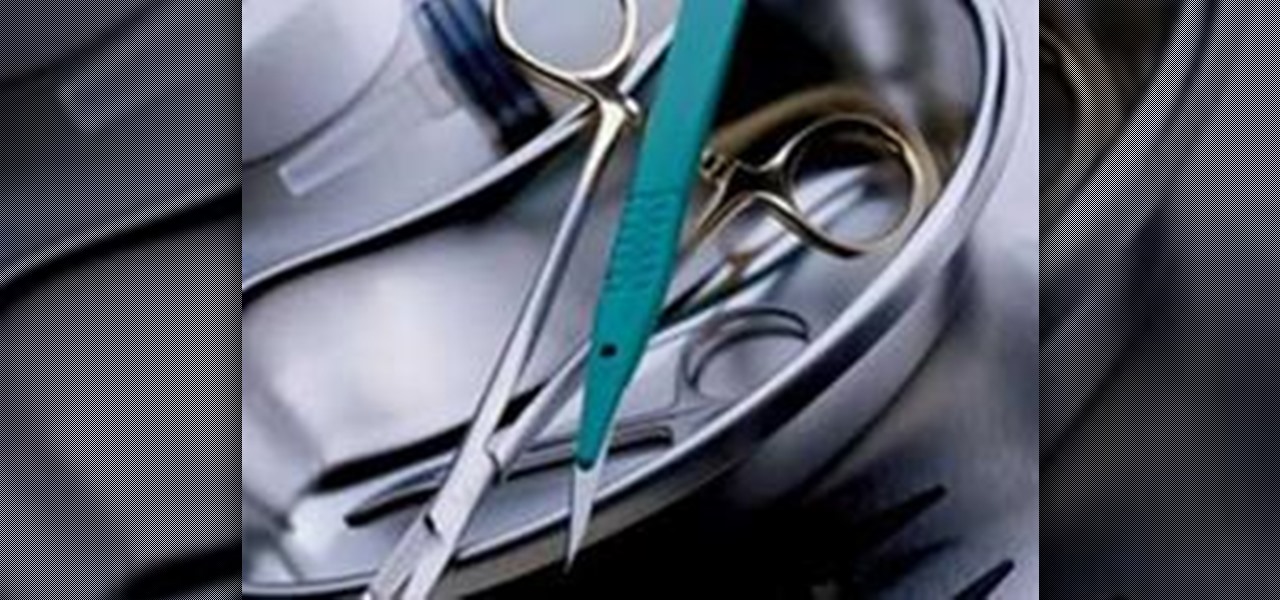
How To: Hold and Use Surgical Forceps, Scalpels and Suturing Needles
How to Hold Forceps This video shows the basic skill of holding forceps or any scissor-like instrument. The most important things to notice here are:
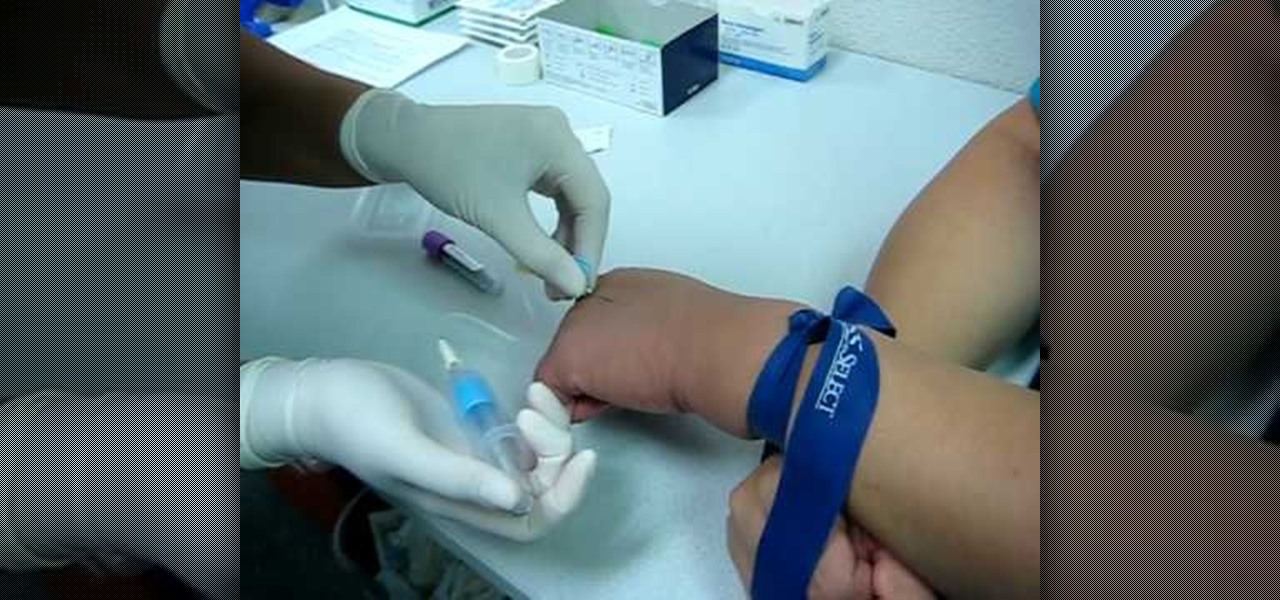
How To: Perform a phlebotomy with a butterfly needle
I want to draw your blood! Well, if you want to draw someone's blood (also known as phlebotomy) this video will show you how to do it. This is a very common thing, especially if you're working as a nurse, nurse's aid, a doctor or even a vet. You'll want to do it right to ensure safety and comfort to your patient. Watch the video and see what it takes to find the vein, insert the needle and get that blood out and into your tube.
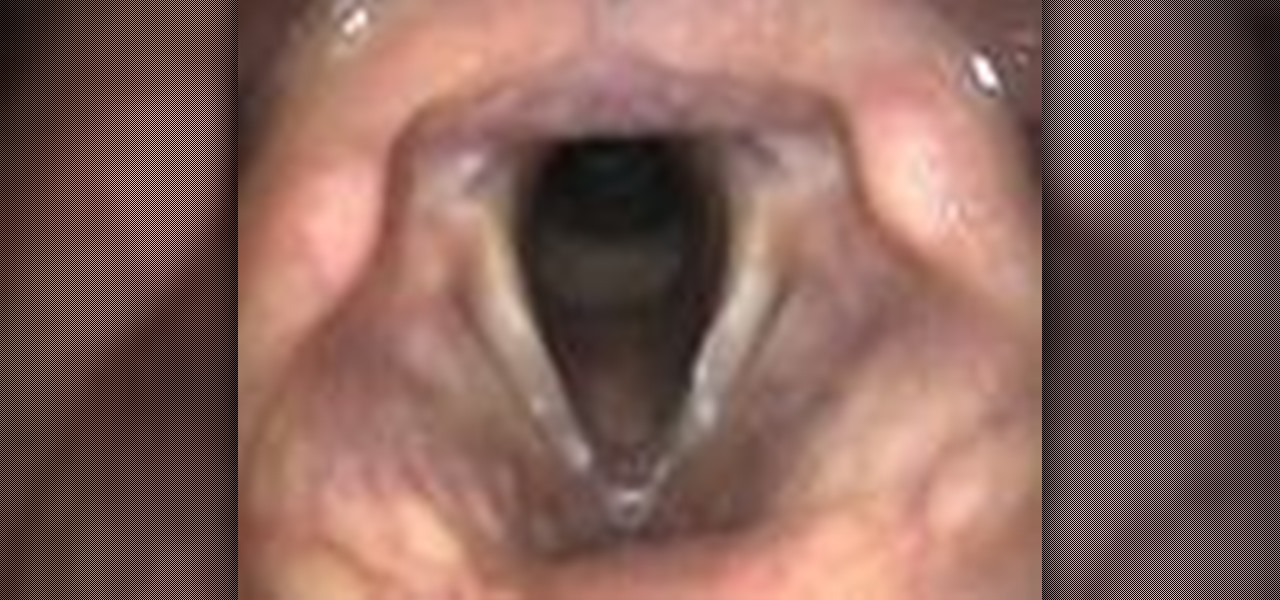
How To: Describe the anatomy encountered during a trans-nasal endoscopy
This video for Otolaryngologists, medical students, and curious laypeople describes the anatomical features that one would see when performing a trans-nasal endoscopy, a procedure in which a tube is inserted through the nose and down the esophagus and used to view the stomach.
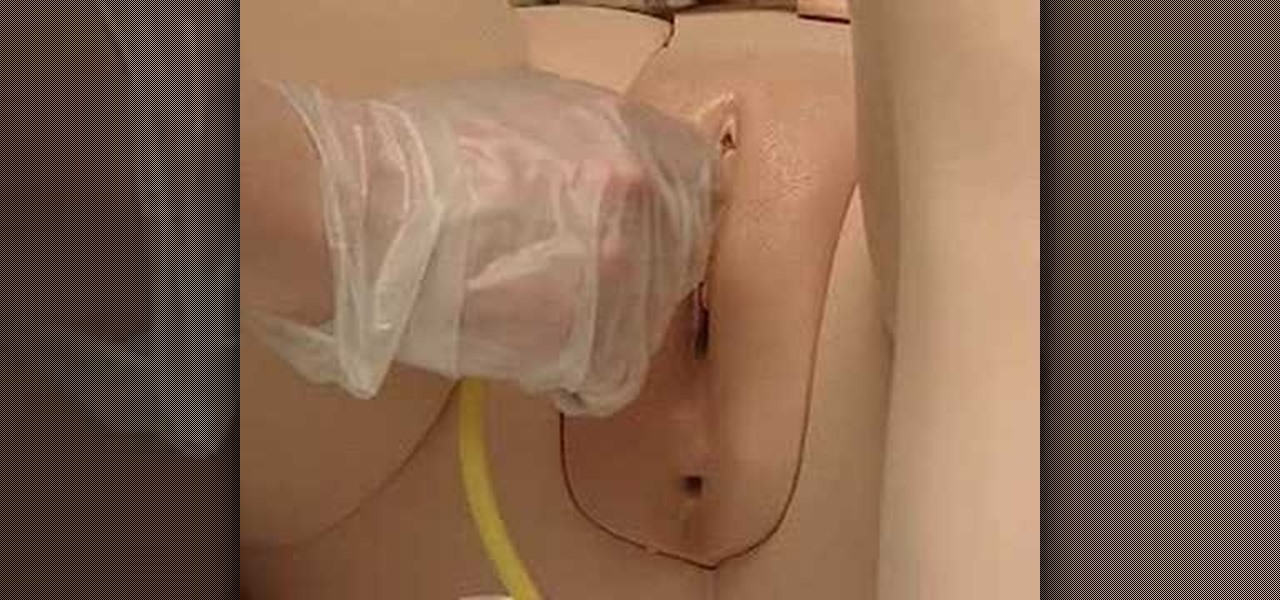
How To: Catheterize a female and male with a Foley catheter
This medical how-to video demonstrates how to catheterize males and females with a Foley catheter. Follow along and learn how insert the catheter into a bladder using mannequins. The first part of the video shows a female Foley catheterization and the second half shows the male version of this medical procedure.
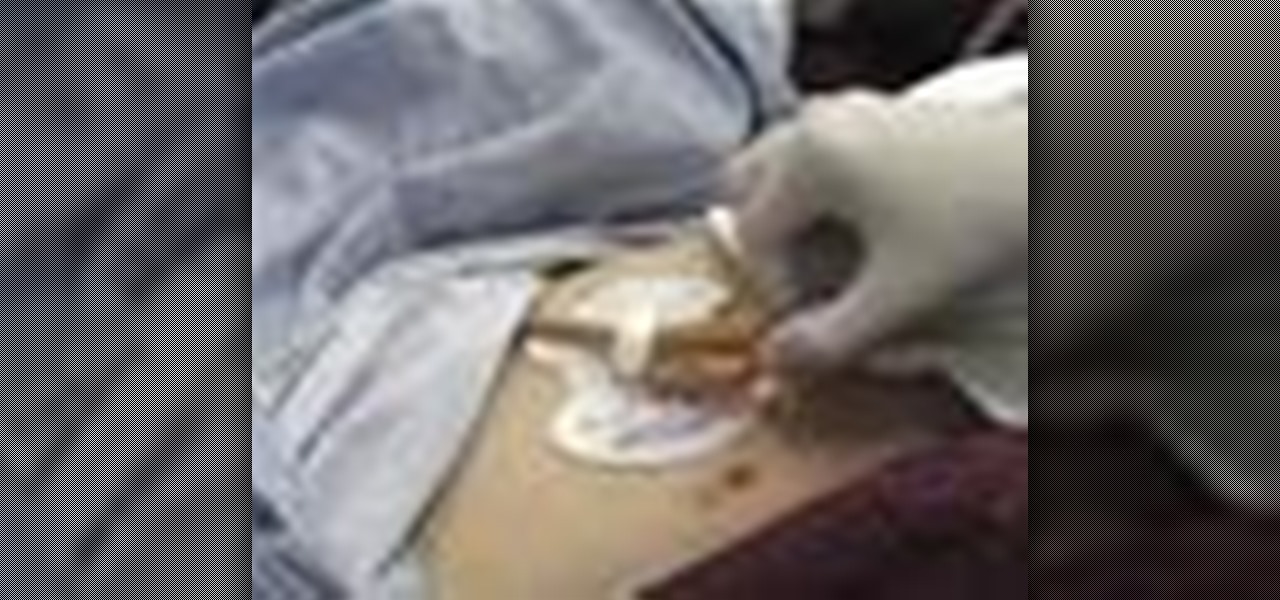
How To: Attach catheter tubing to the leg to avoid pulling
Studying to be a nurse? Then one important part of nursing involves making your patient comfortable. This nursing how-to video demonstrates how to attach Foley catheter tubing to the leg to avoid pulling. Our nurse uses a catheter securement device to secure the catheter in place. Follow along and learn how easy it is to use this device to secure the Foley catheter to avoid pulling.

How To: Read waveforms on a monitor for nursing
Studying to be a nurse? Then here is a nursing how-to video that teaches you how to read waveforms on a monitor. Every nurse should know the basics of this technique, follow along and see how easy it is to read waveforms on almost any monitor. These medical tips are sure to help you pass your nursing exam with flying colors.

How To: Give a female perineal wash
Once each day, or according to your doctor's instructions, you will need to clean the urethral meatus - the opening where the catheter enters the body. The procedure to do this is explained in this video.
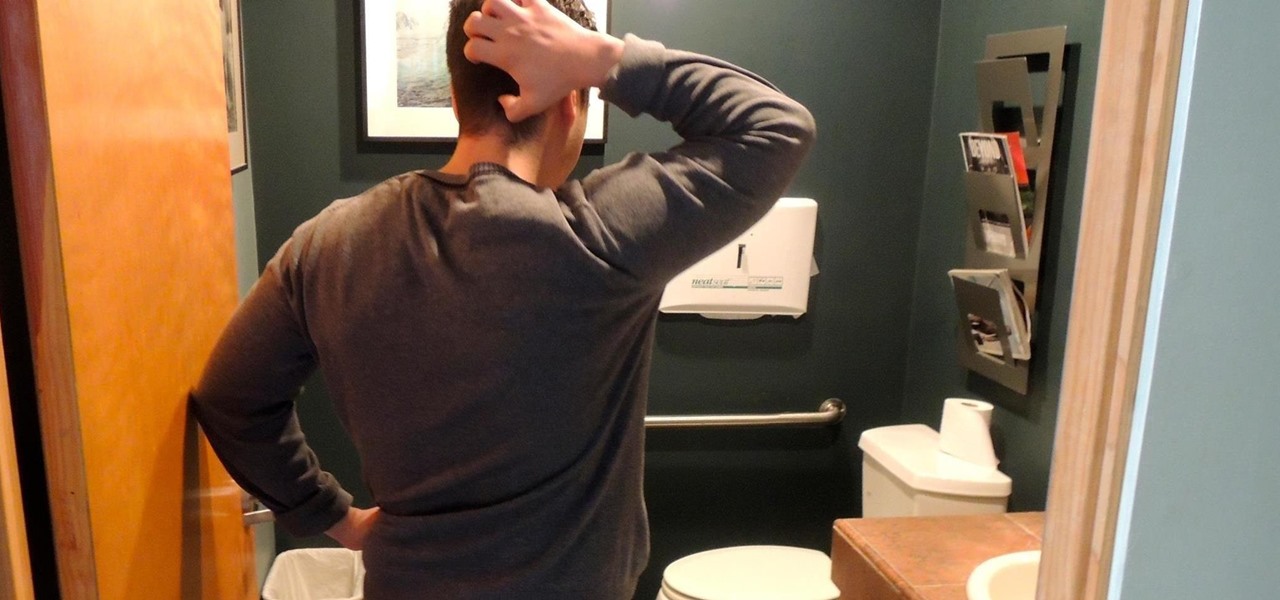
How To: Six Things You're Definitely Doing Wrong in the Restroom—As Proven by Science
Let's take a minute and talk about something you're doing wrong — using the restroom. Many view the subject as improper or even taboo, but why? Thanks to your upbringing, you've assumed you know the basics... But you don't. Avoiding discussion on the subject has led many of us to unwittingly interact incorrectly during our private time with our old friend, Jon.
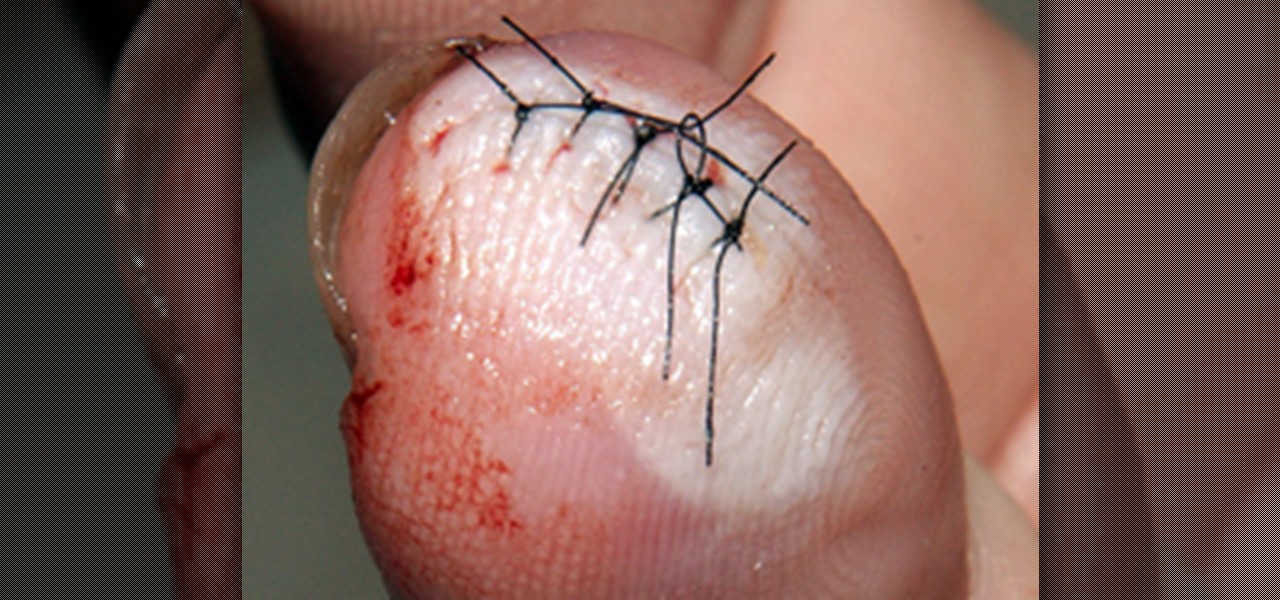
How To: Beef Up Your Medical Skills and Become a Better Doctor with 6 Great iPhone Apps
Think you have what it takes to amputate your own arm? What about somebody else's foot? Now, thanks to the wide array of mobile apps available from the iTunes App Store, you might not need to attend medical school to perform a tracheostomy.
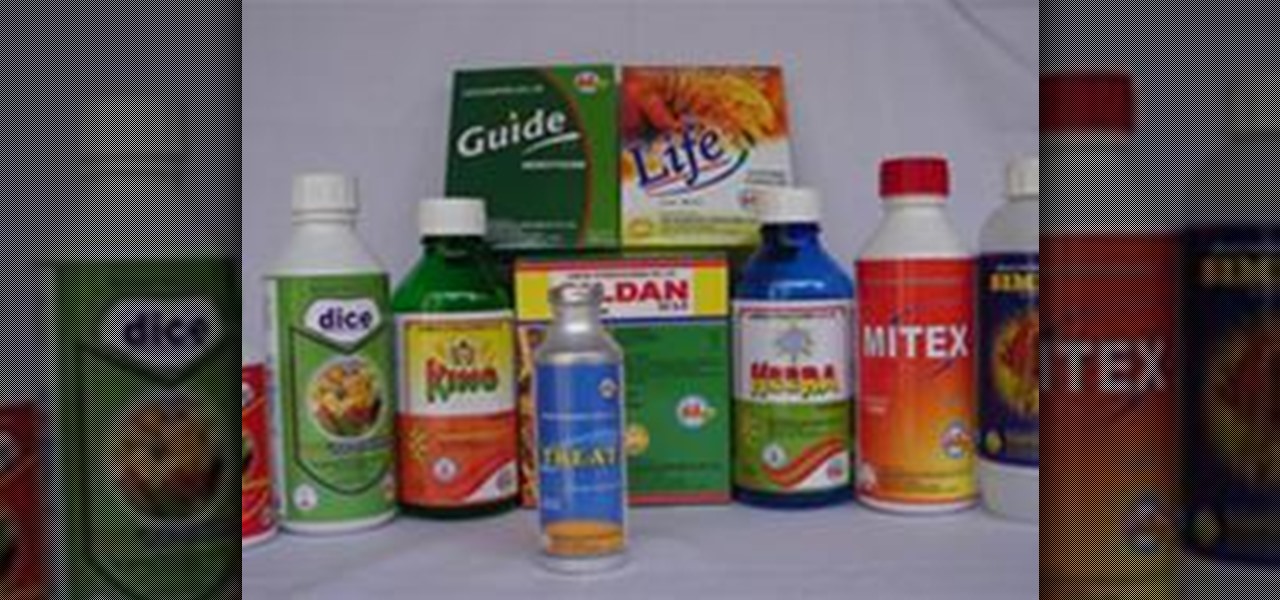
How To: Suspect a Case of Insecticide Poisoning
Insecticides are widespread products which are used daily in our lives. Organophosphorus is the main compound in these products and has toxic effects on our health that may be fatal in some cases.

How To: Understand the Process of Inflammation
In each day of our life, we see inflammation. We see it during sore throats and abscess formations in our bodies, and even slight tooth pain is a form of inflammation. Sometimes it's good when it fights to protect us from invading organisms, but sometimes it becomes bad when it occurs in inappropriate ways, like acne.

How To: Understand the Way Our Immune System Fights Enemies Like a Modern Army
The immune system is not as simple as you might think. Simply, it's formed of two main groups of cells:
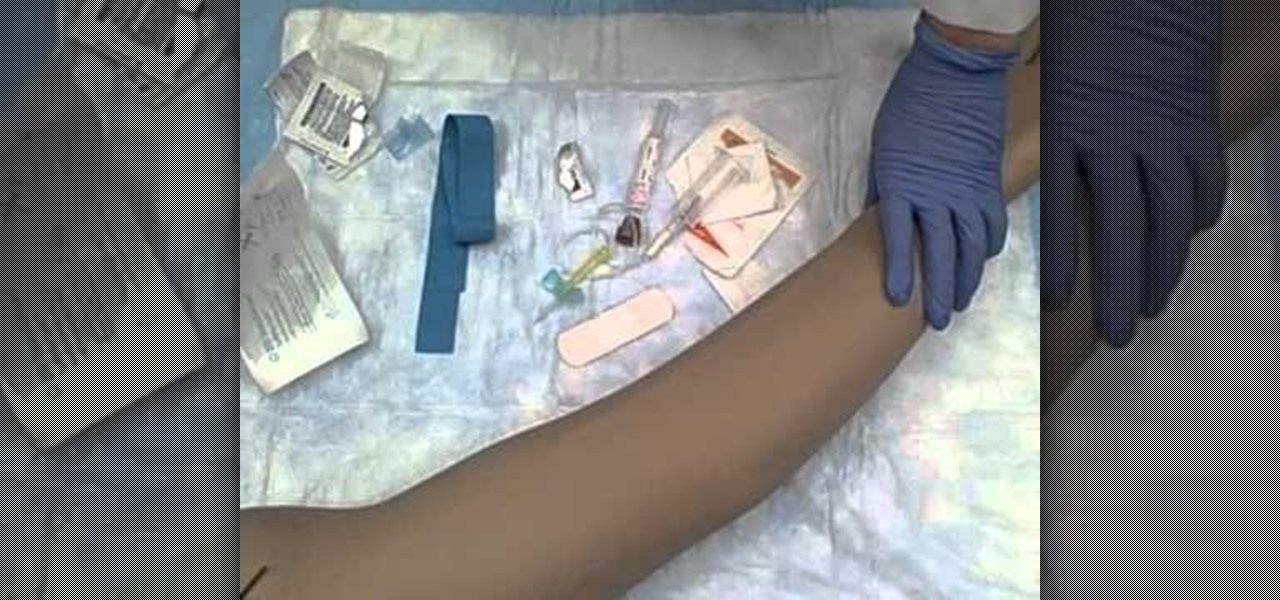
How To: Draw blood with a butterfly needle
If you need to learn how to use a butterfly needle to draw blood (phlebotomy) then you've come to the right place. This video will show you what you need to know to get it done. Please see the creator's comments below:

HowTo: Sneeze Properly
Sneezing is more than just a nuisance, it's a danger to the health of innocent bystanders. The amazing Richard Massingham, hypochondriac and master of PSA filmmaking, demonstrates how to sneeze properly, therefore preventing the spread of toxic germs.
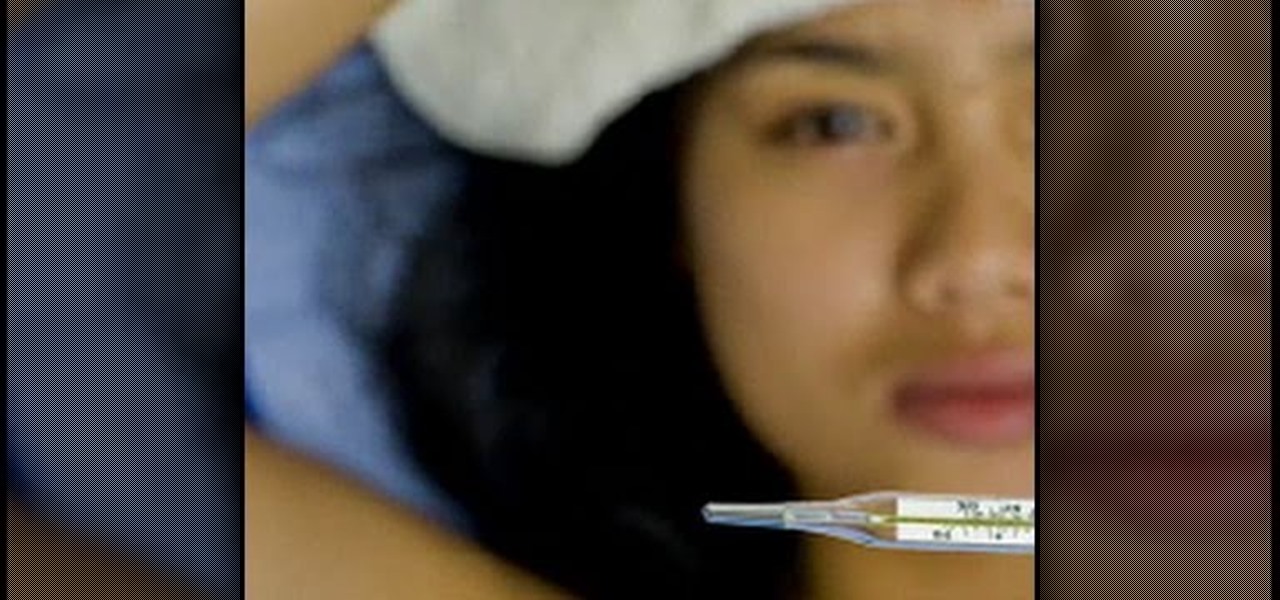
How To: Tell whether someone you know has Munchausen syndrome
Suspect someone you know may have Munchausen syndrome? Tread with caution. This brief health-minded video tutorial from Health Guru will help you recognize some of the most common signs of the disorder. For all of the details, and to learn how Munchausen diagnosis, watch this video guide.

How To: Diagnose and treat the symptoms of herpes
In this medical-minded video tutorial from the folks at Mahalo, we learn how to diagnose and treat the most common symptoms of herpes, a common sexually-transmitted disease or STD. For all of the details, and to learn more about diagnosing and treating herpes, take a look.
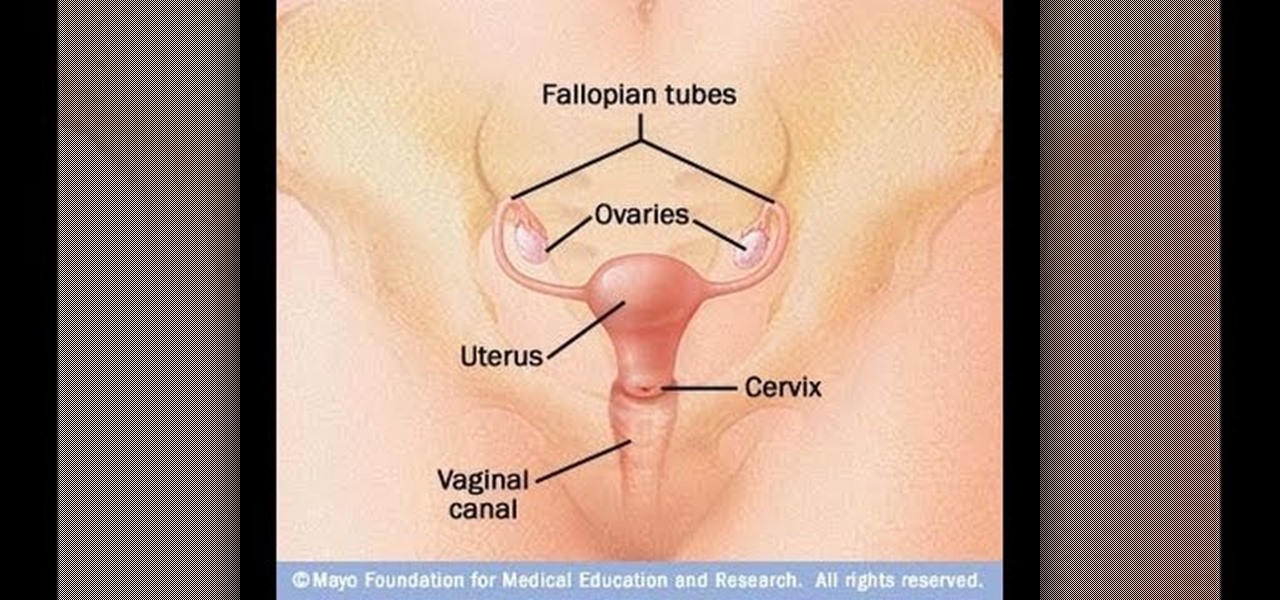
How To: Diagnose and treat the symptoms of gonorrhea
In this medical-minded video tutorial from the folks at Mahalo, we learn how to diagnose and treat the most common symptoms of gonorrhea, a common sexually-transmited disease or STD. For all of the details, and to learn more about diagnosing and treating gonorrhea, take a look.

How To: Take a patient's sexual history as a doctor or nurse
Sexual activity is a health behaviour and therefore it is important that doctors are able to gather information about sex confidently and competently. In this consultation, the patient presents to his GP with a worry that he may have contracted a sexually transmitted disease. It is important for the GP to enquire about the patient's risk factors in a sensitive and non-judgmental way. The GP needs to gather information about the patient's sexual activity and work with the patient to negotiate ...

How To: Recognize the symptoms of vertigo
In this medical-minded video tutorial from the folks at ICYou, we learn about the most common symptoms associated with vertigo. For all of the details, and to get started learning more about the symptoms of vertigo yourself, take a look.

How To: Tell whether gastric bypass surgery is right for you
Considering whether gastric bypass surgery is right for you? This brief, medical-minded video tutorial from the folks at ICYou will help you to decide just that. For details, and to get started learning more about the pros and cons of gastric bypass surgery yourself, watch this video guide.

How To: Be prepared for the potential complications of heart surgery
If you or someone you love is undergoing heart surgery in the near future, it's important that you have a solid grasp of the potential complications such that you can do everything in your power to avoid them. In this brief medical-minded tutorial from ICYou, you'll learn about a few of the most common complications including bleeding, infection, damage to blood vessels, heart damage, heart attacks or strokes.
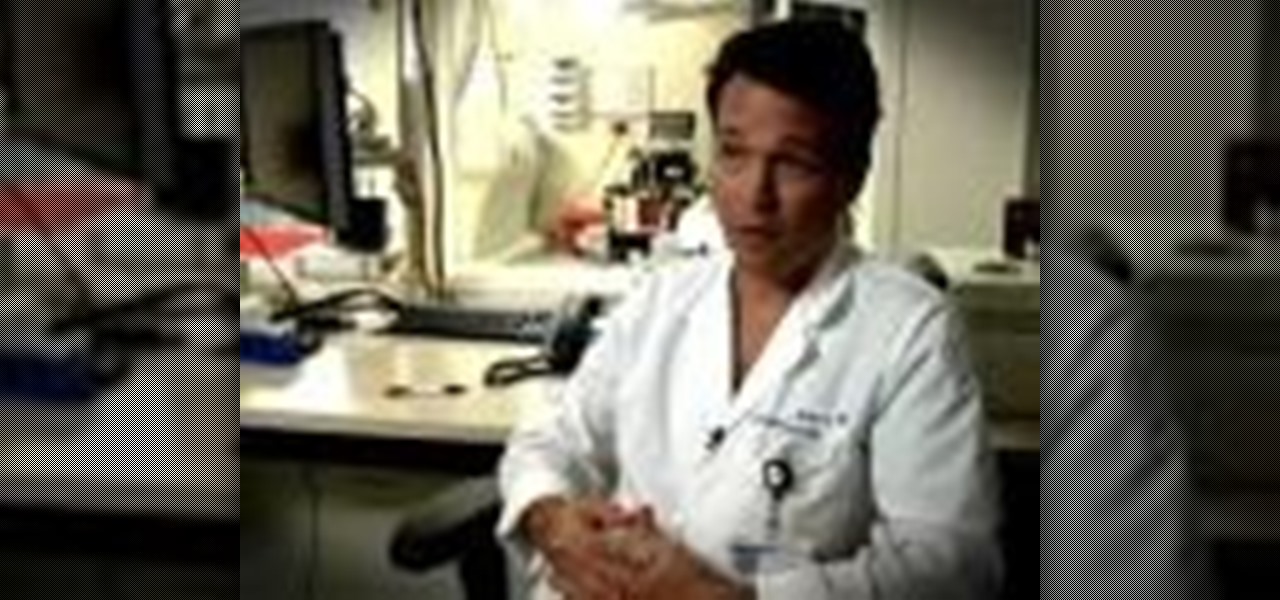
How To: Differentiate between angioplasty, heart catheterization and stents
Interested to learn more about modern cardiovascular interventions like angioplasty, heart catherization and stents? In this brief, medical-minded video tutorial from the folks at ICYou, a cardiologist provides an overview. For details, and to get started learning more about modern heart repair techniques yourself, watch this video guide.

How To: Know what to expect when getting a heart stent
Interested to learn more about heart stents and what they do? In this brief, medical-minded video tutorial from the folks at ICYou, a cardiologist provides an overview. For details, and to get started learning morea bout stents yourself, watch this video guide.





